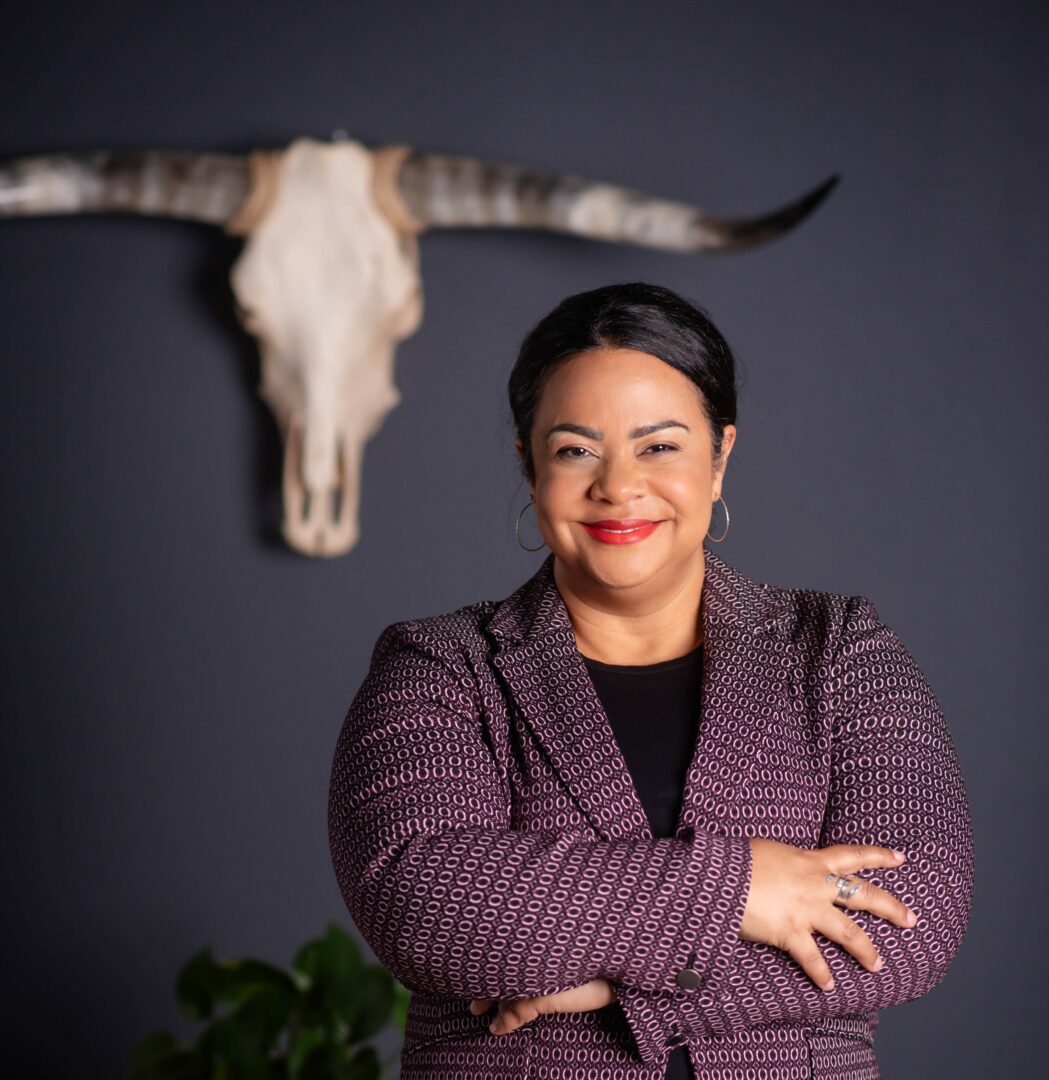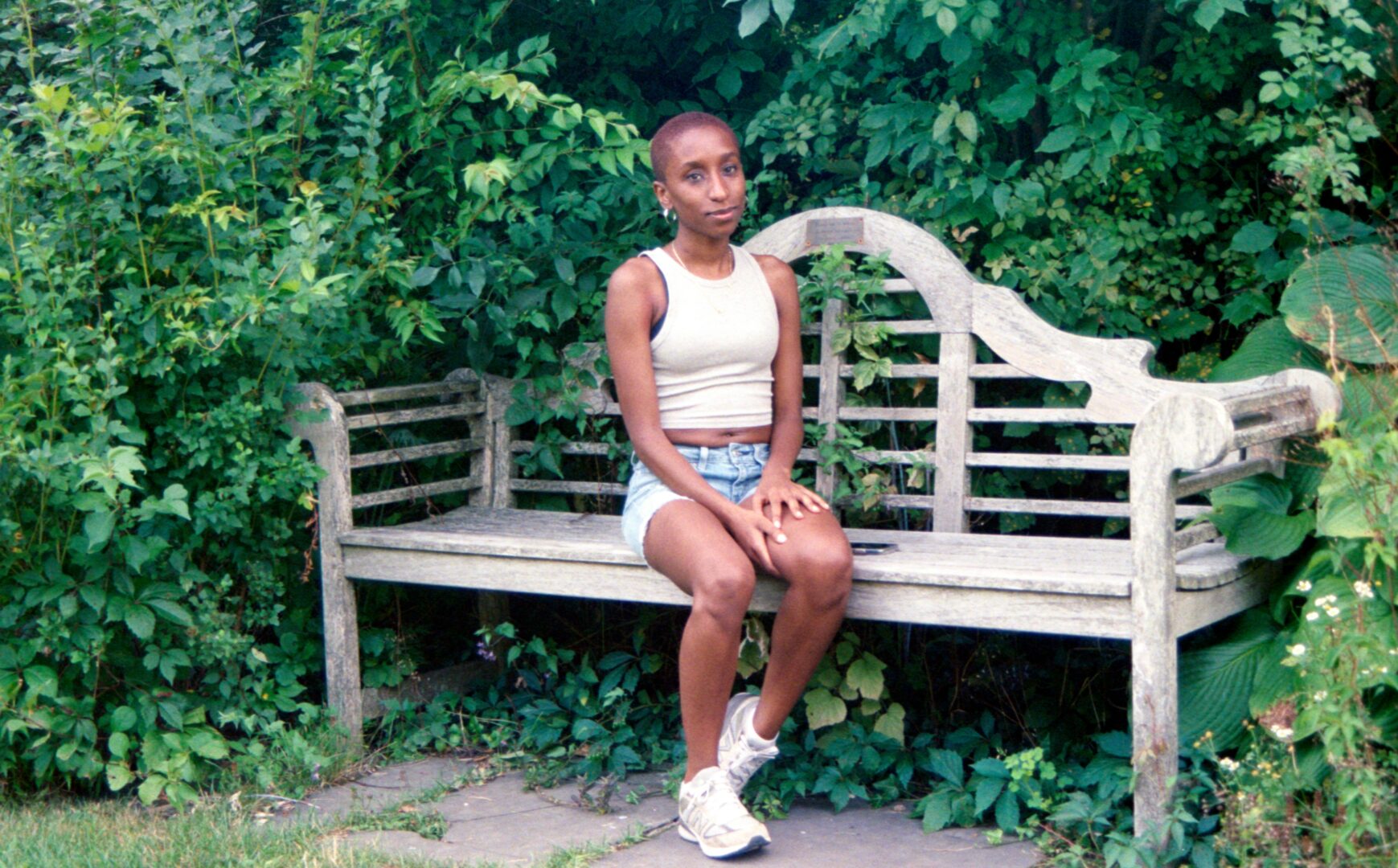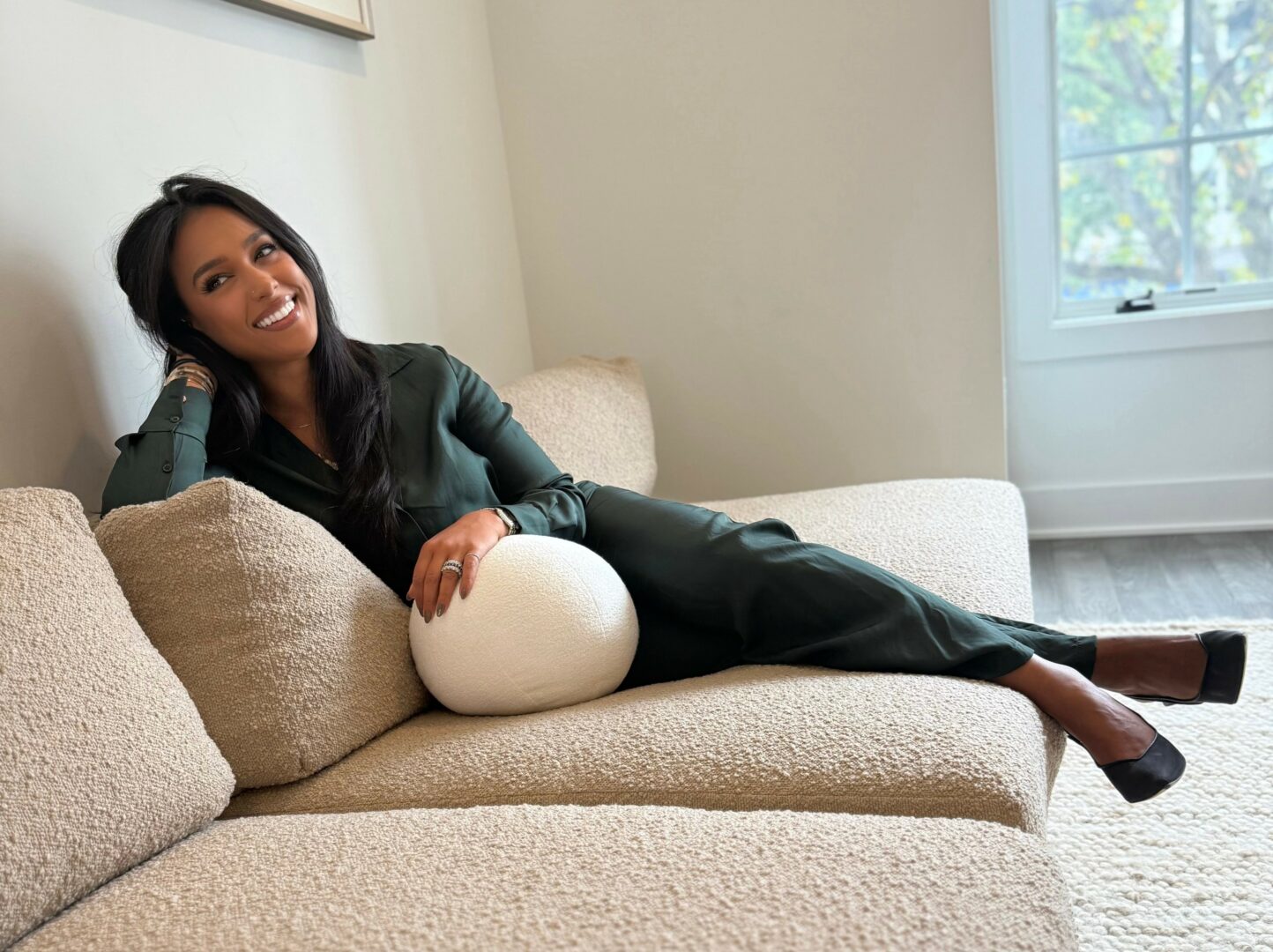We caught up with the brilliant and insightful Liz Galvao a few weeks ago and have shared our conversation below.
Hi Liz, thank you so much for making time for us today. Let’s jump right into a question so many in our community are looking for answers to – how to overcome creativity blocks, writer’s block, etc. We’d love to hear your thoughts or any advice you might have.
Sometimes taking a break to refill the well is the healthiest choice you can make. During those times, I like to take in different kinds of art than what I’m making. I go to fine art museums, see comedy shows, or go to concerts. I read the kinds of books and watch the kinds of films that I would never write. I hang out with friends who aren’t in the industry and hear stories about their lives.
I think back to when I was studying filmmaking in college, and we were encouraged to take classes outside of the film department, because otherwise we would just end up making movies about movies. That’s a lesson I’ve taken with me ever since, that you need to live a life that involves something other than writing in order to have something to write about.
Thanks for sharing that. So, before we get any further into our conversation, can you tell our readers a bit about yourself and what you’re working on?
I am a comedy writer, with a focus on screenwriting and humor writing. I love writing stories about complex people who are often their own worst enemies. I’m especially passionate about writing unruly women.
I’ve been very fortunate this year in spite of the strikes. My dark comedy feature screenplay Hey Hun, about a woman who gets sucked into a fitness MLM, placed in four different competitions this year. A comedic web series I directed, Soft Boiled, just recently had its premiere. I also write an email newsletter, Like You Know Whatever, which has been going strong since 2014 and features my writing on pop culture, food, and personal stories.
If you had to pick three qualities that are most important to develop, which three would you say matter most?
I think tenacity and resilience are incredibly important qualities to have in any career in arts or entertainment. We face so much rejection, especially in the beginning of our careers, as well as uncertainty, and periods of instability like the strikes that have been going on this year. It’s kind of a contradiction, because you need to be tough in order to survive as an artist, but you also need to be sensitive in order to say anything resonant. In some ways, I am grateful for my youthful delusion about how talented I was and how all I need was one break, because those delusions kept me going when all I got were no’s. A lot of people don’t make it past that part.
I think a big way to build that tenacity and resilience is to make sure to celebrate every win, no matter how small. I’m lucky to have an extremely supportive partner, and every time I got a new writing gig, we would go out to dinner or order in a special meal or open up a cheap bottle of bubbles or do SOMETHING to mark the occasion. I genuinely think that doing those things makes you stronger and helps to bolster your belief in yourself.
Another part of my life that has been very helpful has been having friends who are pursuing the same things as me, and friends who are on completely different life paths. I think that having both is so important. You need that support from people with the same goals as you who “get” it. At the same time, you need friends outside of your industry so that you’re not existing in a bubble. Have you ever been to a party where everyone there is part of some niche interest or works together at the same office that you’re not a part of? It’s incredibly boring. Don’t be boring. Your art will thank you.
What would you advise – going all in on your strengths or investing on areas where you aren’t as strong to be more well-rounded?
I definitely think that working on our weaknesses is more important over just relying on our strengths. For example, when I get feedback as a screenwriter, the areas that are usually praised are my dialogue and characterization. I have always kept my stage directions very bare bones. In the past couple of years, though, I’ve been working on my skills as a prose writer. I wrote a YA novel, and read a lot of screenplays from movies I’ve loved and ones that were in the genre I’ve been writing. It’s really opened my eyes to the fact that stage directions can be an incredibly impactful extension of my voice as a writer. I don’t think it’s a coincidence that my more recent work is getting more accolades in competitions and positive feedback from people I respect.
Contact Info:
- Website: lizgalvao.com
- Instagram: http://instagram.com/lizgalvao/
- Linkedin: https://www.linkedin.com/in/liz-galvao-4063089b/




Image Credits
Some photos by Ben Espiritu.




